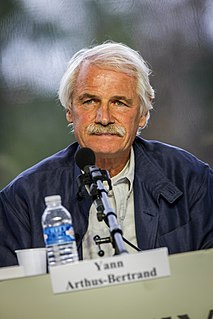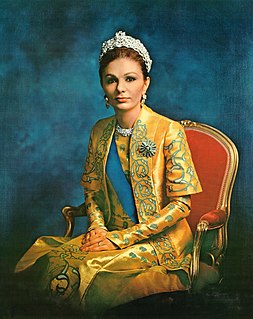A Quote by Jennifer Morgan
In developing countries the situation could be even worse because developing countries do not have to count their emissions under the Kyoto Protocol. Private companies from industrialized nations will seek cheap carbon credits for their country in the developing world.
Related Quotes
Globally, emissions may have to be reduced, the scientists are telling us, by as much as 60% or 70%, with developed countries likely to have to make even bigger cuts if we're going to allow the developing world to have their share of growing industrial prosperity...The Kyoto Protocol is only the first rather modest step. Much, much deeper emission reductions will be needed in future. The political implications are mind-blowing.
Exporters monitor economic and political policies to the developing world, but the consequences of that have been to make developing countries far more sensitive to the constant fluctuations. Developing countries are not always allowed to support their farmers in the same way as the U.S. or Europe is. They're not allowed to have tariff barriers. They're forced, more or less, to shrink their social programs. The very poorest people have fewer and fewer entitlements. The consequence of this has been that there's been a chronic increase in the vulnerability of those economies to price shocks.
Peter Montiel has long set the highest standard for lucid textbooks on the macroeconomics of developing countries. Now in this new edition of his superb classic Macroeconomics in Emerging Markets, he has surpassed even himself. He uniquely fills the gap between rich-country-obsessed macro- and micro-obsessed developing-country analysis. No student of the macroeconomics of development will henceforward be able to do without this book.
As the photographer, it's challenging to make images that read quickly and are powerful, but have enough humanity and compassion. I've worked on these issues in the developing world because that's where the risk to girl's safety and access to education is the highest. But that doesn't mean that we don't have issues in the U.S. or western countries. For me, I focused on the developing world because it felt like the issue was more urgent there.
Some of the developing-country governments and populations are tired of having things rammed down their throats, but we're not yet at the stage we want to get to, namely where the developing countries join forces with one another on behalf of creative alternative ideas about how to take things forward.



































